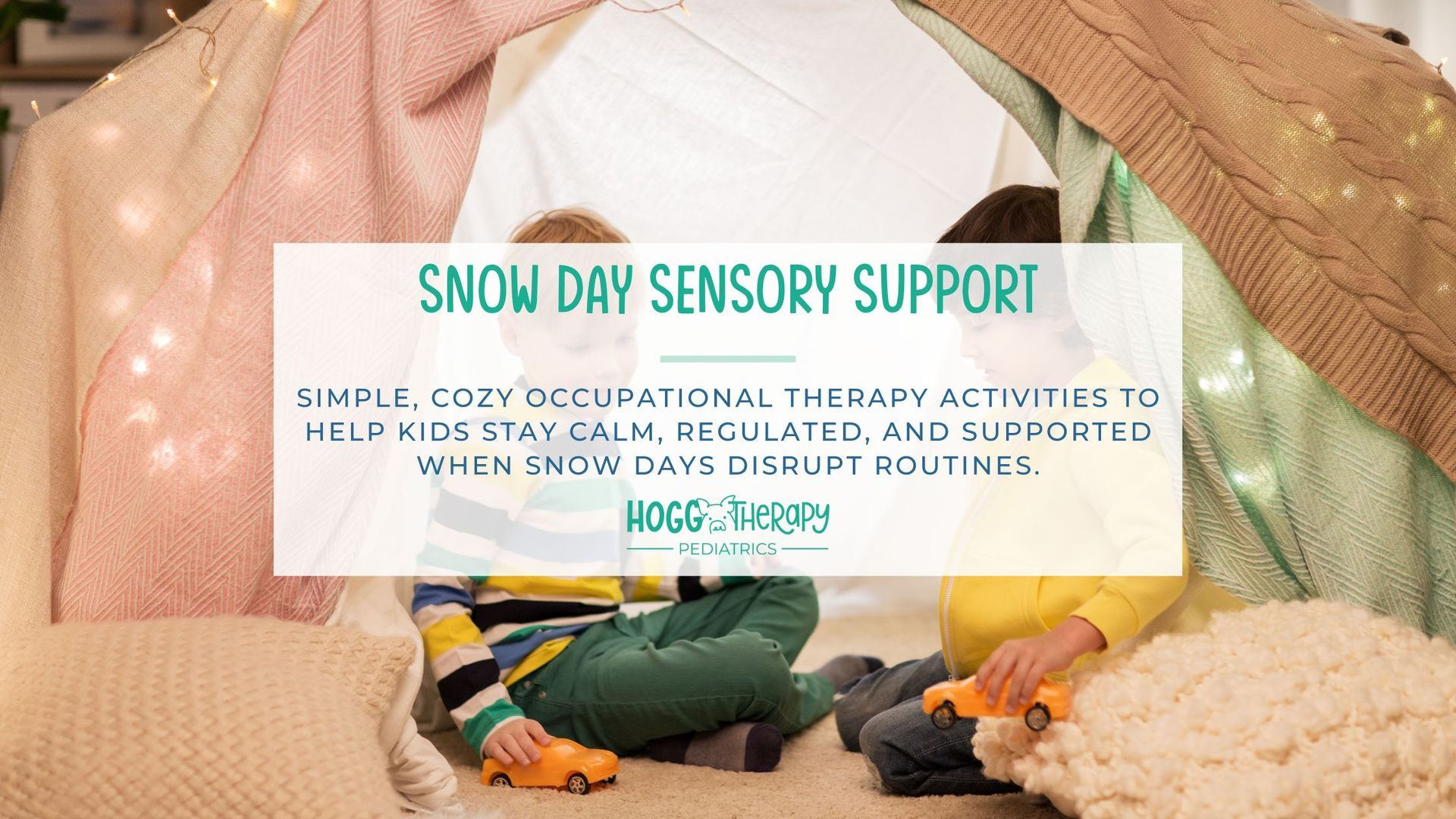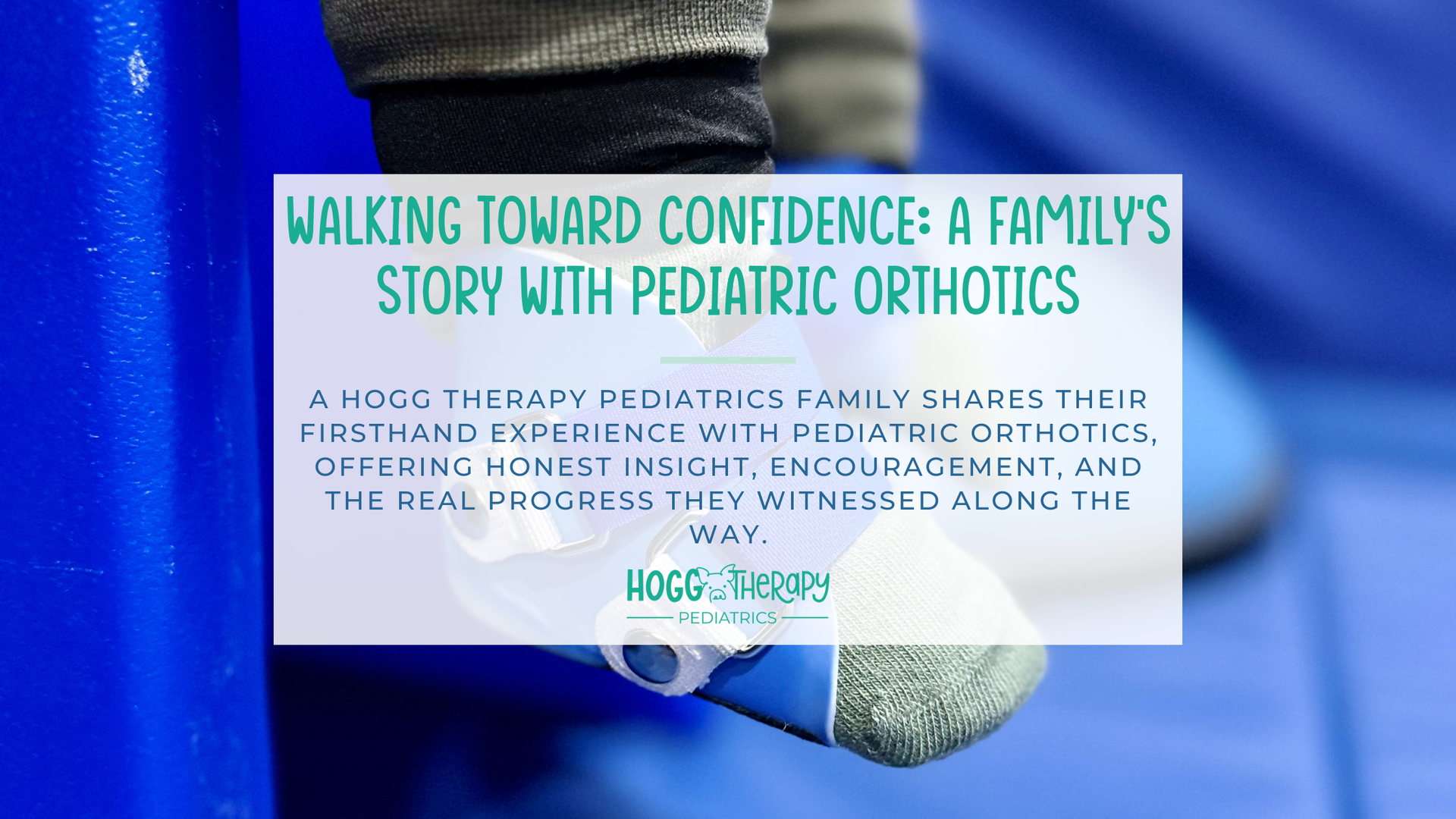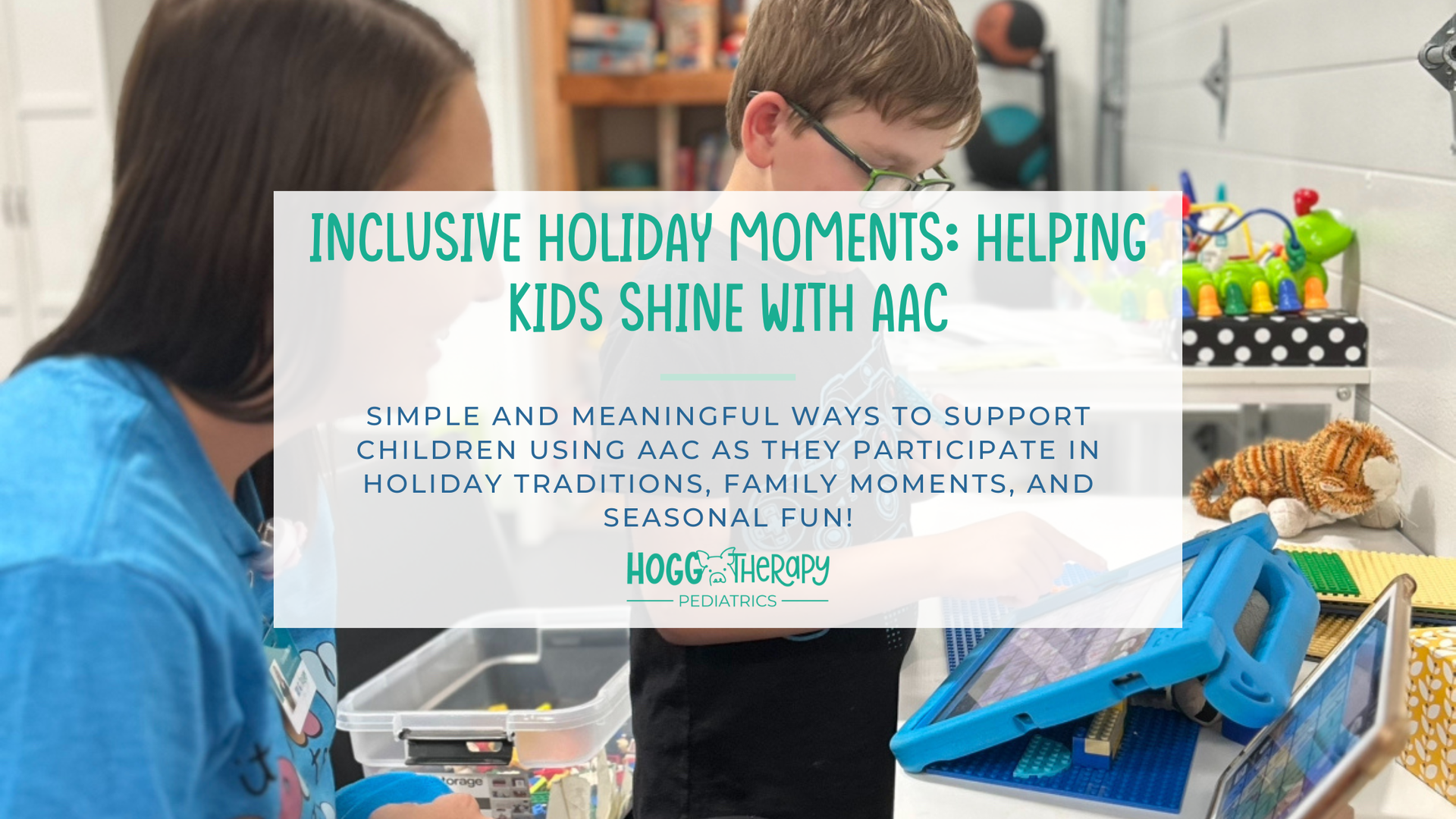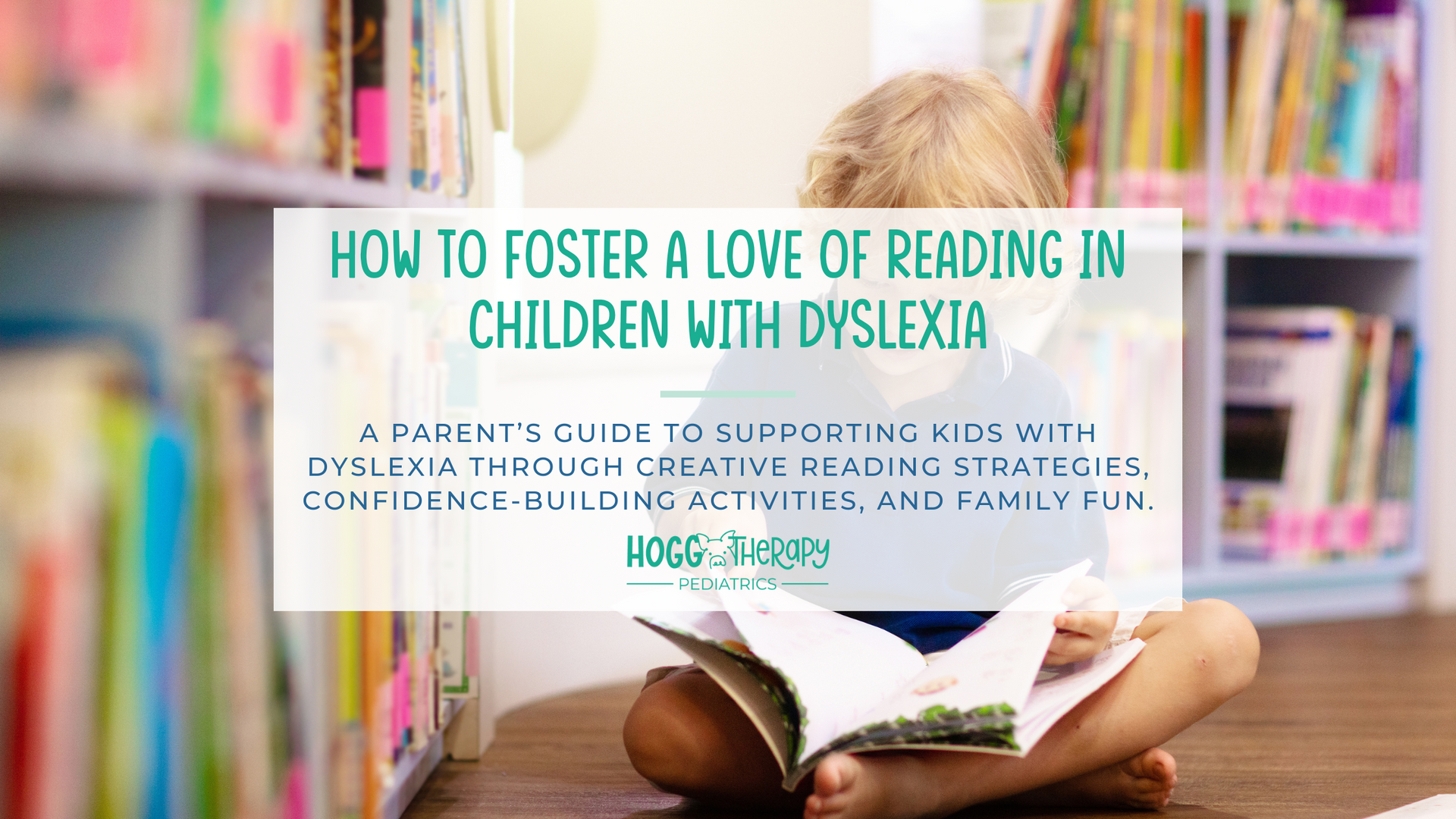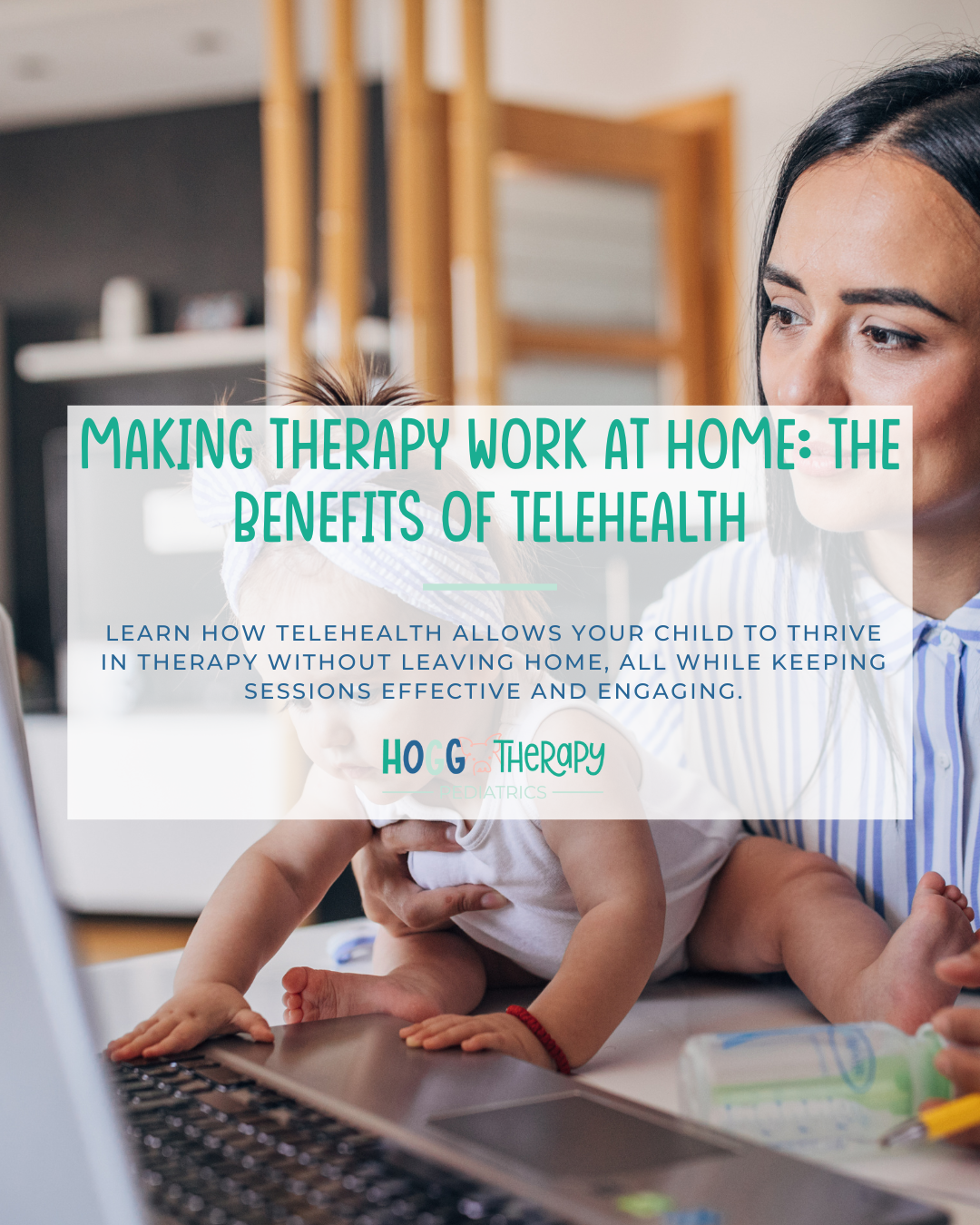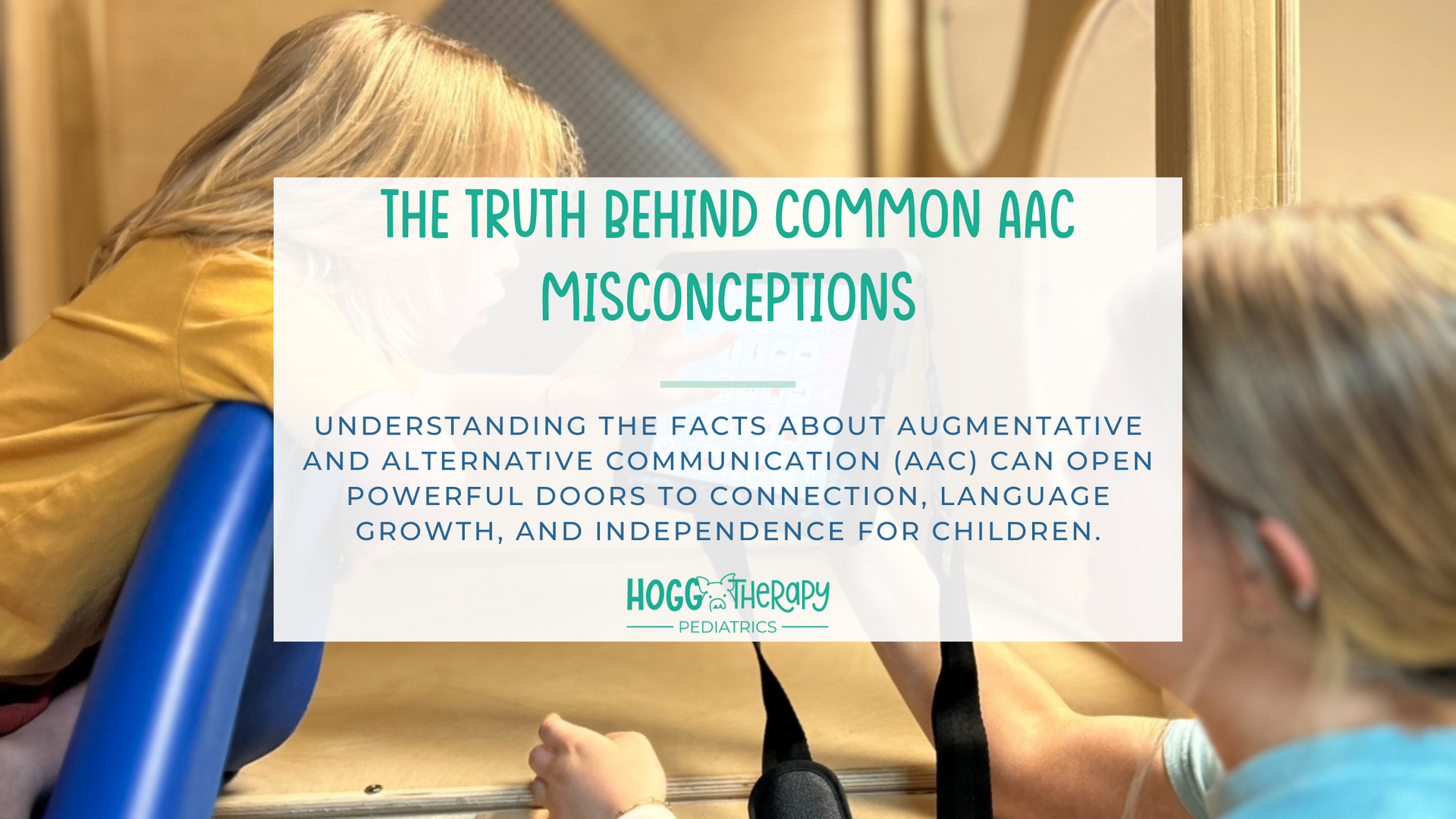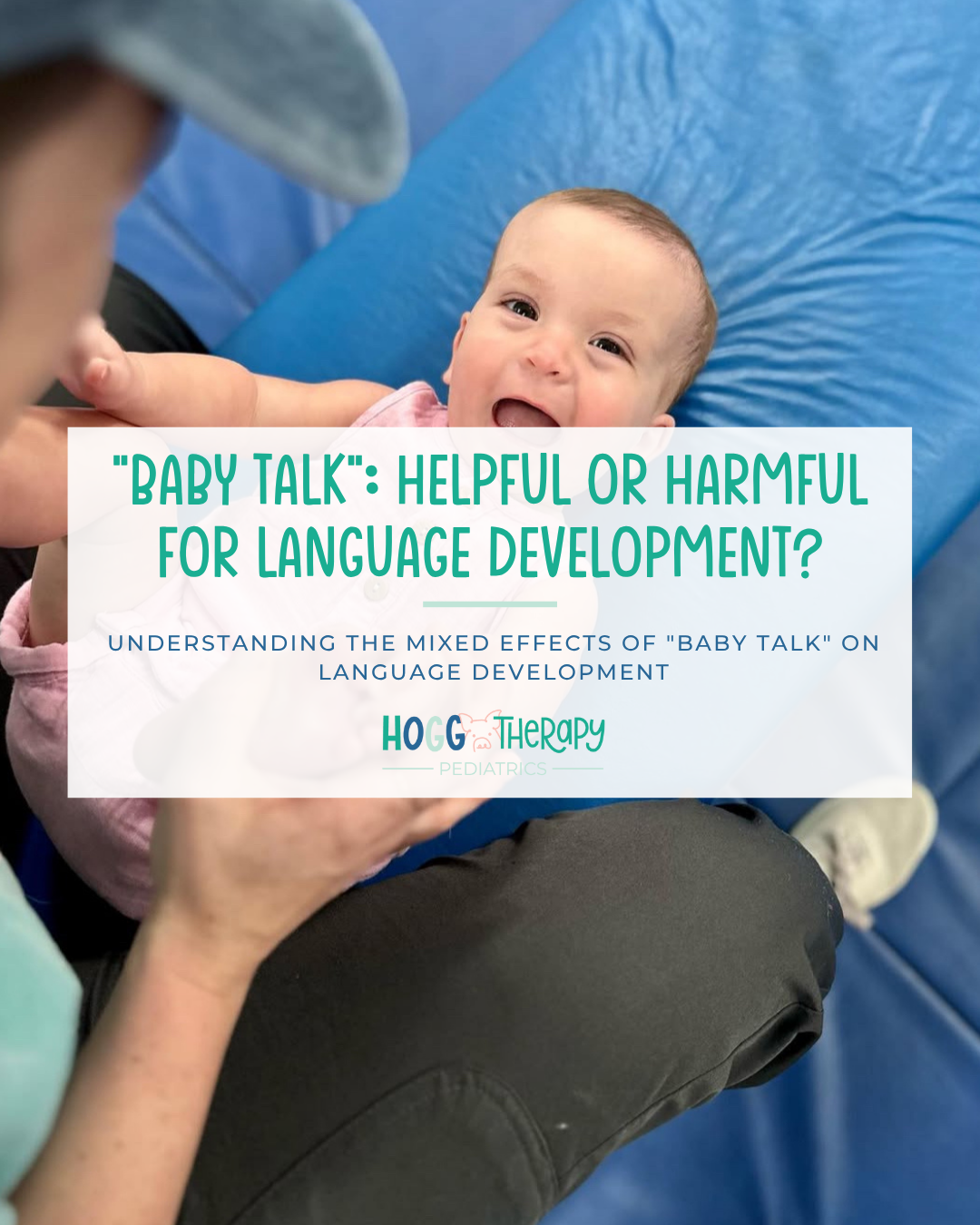Special Senses: The 5 Senses + 3 More!
Jason Washburn, OT
Most people are familiar with the five senses: sight, touch, taste, hearing, and smell. We are able to see with our eyes, touch with our hands (and all body parts), taste with our tongues, hear with our ears, and smell with our nose. What’s less known, however, is that there are actually three more sensory systems! These are proprioception, vestibular, and interoception.
The Lesser Known Senses
In the broadest of strokes, proprioception is how we can tell if something touching us is the weight of a nickel or of a gallon of milk. Vestibular is how we know we are upside-down when riding on a roller coaster. Lastly, and the most complicated, is interoception. This is the feeling we have inside our bodies. It’s that butterfly sensation, or the upset stomach, and even how we tell if we need to potty.
Interoception
Interoception is the most confusing to understand of all the sensory systems. This is the sense of what is happening inside of our bodies. This system is going to tell you:
- Hunger, fullness, and thirst
- Pain
- Body temperature
- Heart rate and breathing rate
- Need for the bathroom
- Muscle tension
- Urge to itch
- Nausea
- Tickle
- Sleepiness
- Physical exertion
The part of the brain that interprets all these signals coming from the body is called the insula. This helps to take in all the information and convert it into one of two options: body state or emotional state.
- Body States: These involve the basic functions or physical conditions of the body. Body states include hunger, thirst, needing to go to the bathroom, pain, itch, tickle, temperature (hot or cold), nausea, headache, illness, muscle tension.
- Emotional States: These involve our moods or emotional conditions of the body. Emotion states include anger, embarrassment, happiness, anxiety, excitement, sadness, fear, etc.
The big take-away from all of this is that our body sensations promote the means in how we behave. For example:
Feeling sensations > Body state/emotion > Urge to act > Action > Outcome
The urge to act when thirsty
Dry throat/dry mouth > thirsty > urge to act > get a drink > discomfort fades
OR
The urge to act when frustrated
Tight muscles/faster heart/tight chest/overall heat/clenched jaw > frustrated > urge to act > ask for help > discomfort fades
Not every child, or adult for that matter, understands what action to take in order to reach the desired outcome. By learning to listen to the signs within the body, we can better self-interpret what is happening and take action that will reach the desired outcome.
If your child seems to have difficulty with any of their sensory systems, please contact Hogg Therapy Associates! Our therapists are specially-trained to work with your child on sensory development. Visit our website at hoggtherapy.com or give us a call at 859-353-3666.
Source: Interoception: The Eight Sensory System by Kelly Mahler, MS, OTR/L




